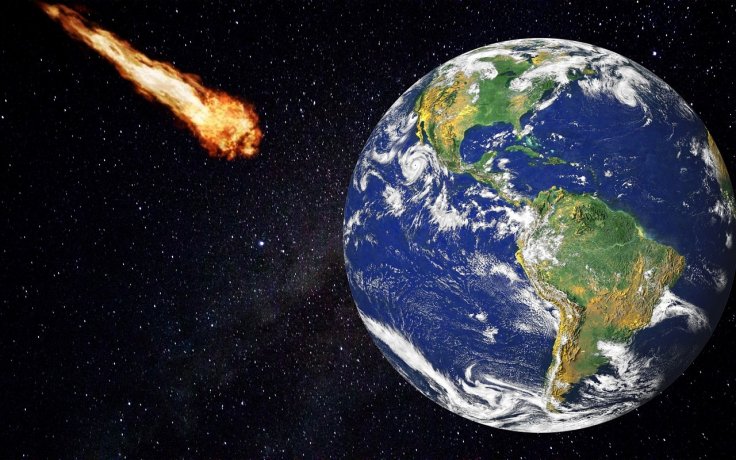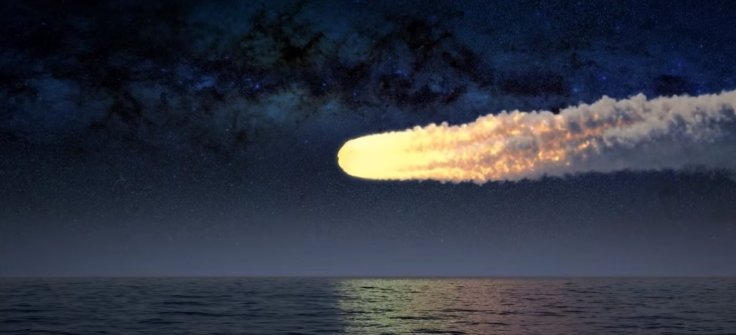NASA's Center for Near-Earth Object Studies (CNEOS), which detects and predicts the trajectories of near-Earth space objects (NEOs) like asteroids, has confirmed that a gargantuan asteroid will fly past Earth later this week.
The agency's advanced asteroid tracking system has discovered a massive asteroid that is expected to cross Earth's orbital path on Thursday, May 21. Considering the data collected by the agency, the sheer size and the speed at which the asteroid is traveling is enough to cause a catastrophic event on the planet in the case of a collision but will be no real threat to our planet.
Asteroid Termed as 'Potentially Hazardous' By NASA

Dubbed 1997 BQ, the space rock measures a whopping 1,500 meters in width and is traveling at a speed of seven miles a second and will cross earth's orbital path at around 9.45 p.m. on Thursday, May 21. Although NASA has labeled the space rock as "potentially hazardous," which it usually does with asteroids of this size coming within 4.6 million miles of Earth, the agency confirmed that 1997 BQ will rocket past our planet from a safe distance.
It will pass within 3.8 million miles of our planet or roughly 16 times the distance between Earth and the Moon. While that may seem like a big distance, it's considered as a relatively close shave in space terms. NASA considers anything passing within 120 million miles of our planet a "near-Earth object" that warrants around-the-clock observation.
What Would Happen if it Hits Earth?

Given the asteroid's size and speed, it can cause a catastrophic event on Earth if it collides with our planet. The magnitude of the impact will be strong enough to leave a crater that's around four miles wide and the explosion from the impact will wipe out everything around it.
It will also generate powerful blast waves powerful that can affect an entire city. If the asteroid lands in the ocean, it will create tsunamis that can submerge and devastate entire coasts. Fortunately for us, 1997 BQ will safely fly past Earth without causing any damage or harm.








